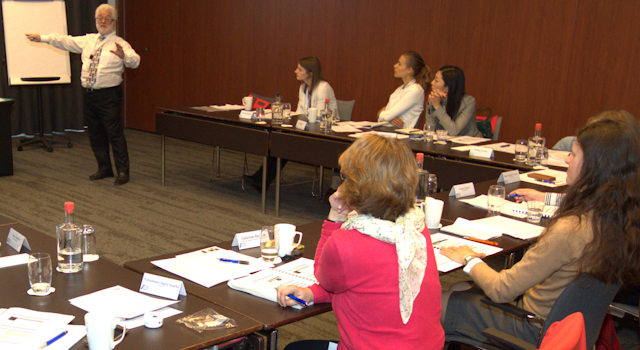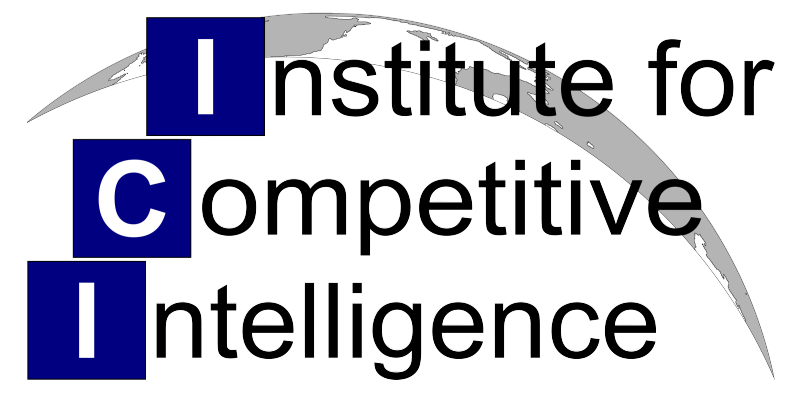Empowering Professionals: The Critical Need for Updated Intelligence Practices

Competitive and Market Intelligence professionals need to stay current in today’s fast-changing business world. Key trends include AI integration, cybersecurity challenges, leadership empowerment, and fresh market strategies.











